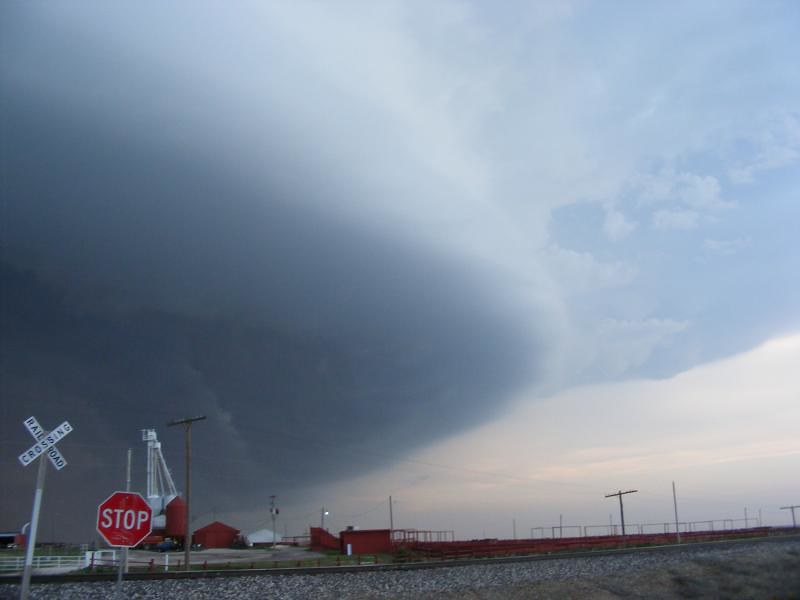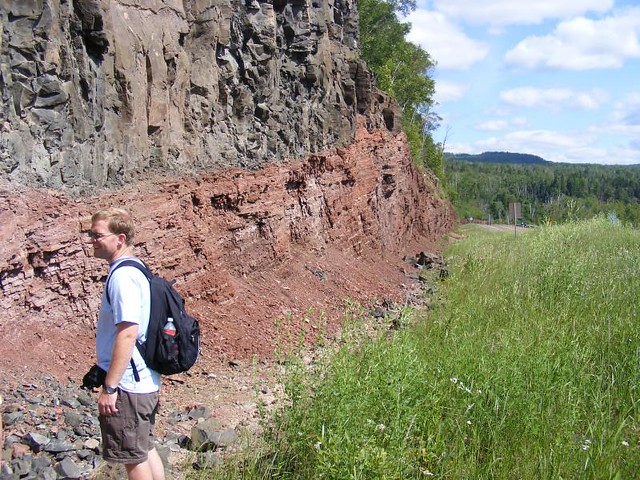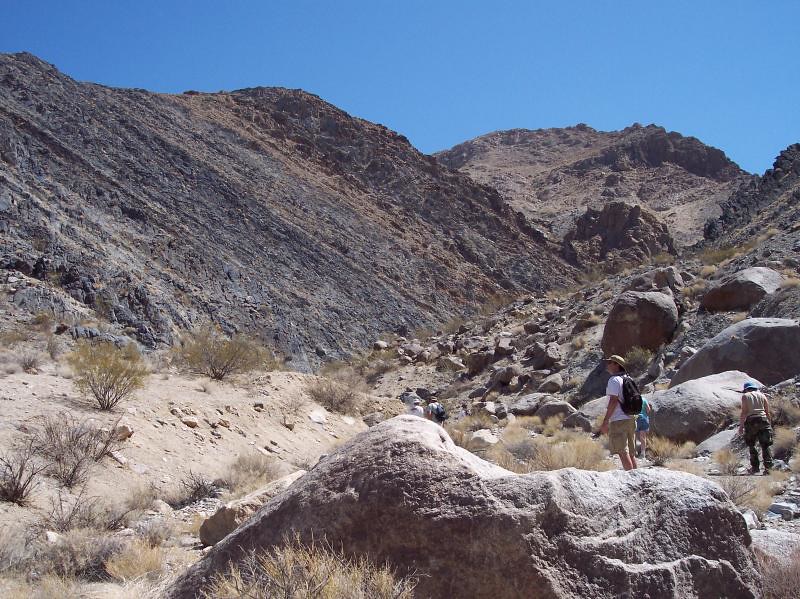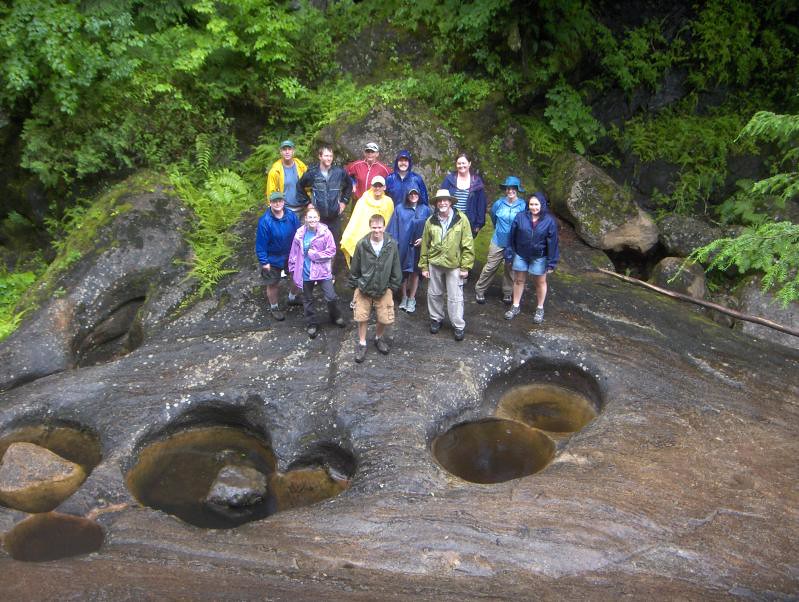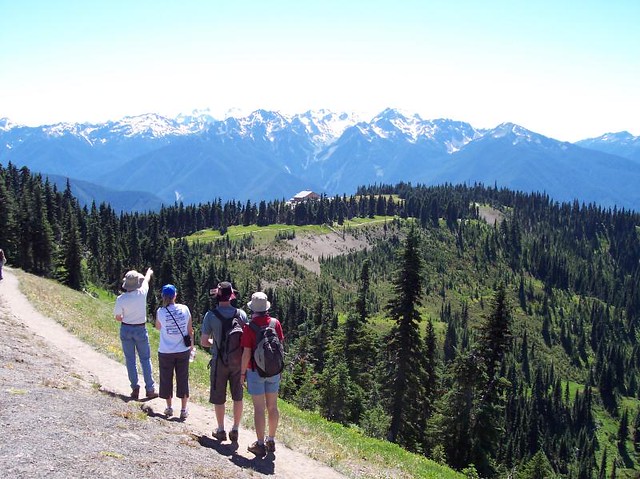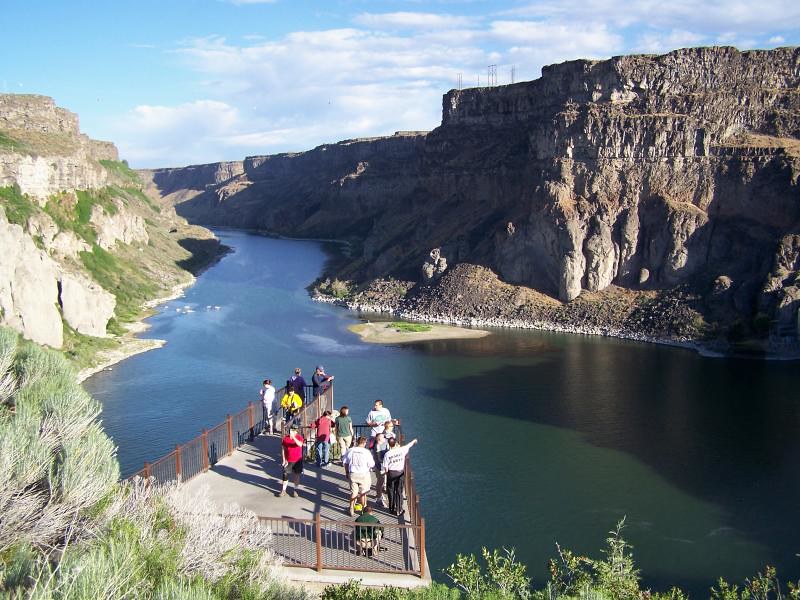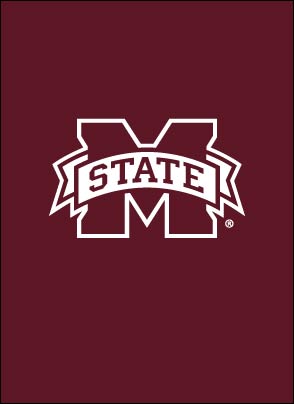Advance Your Career with a Degree from Mississippi State
M.S. in Geosciences – Environmental Geosciences Concentration
This 30-credit hour, non-thesis program is designed for students interested in a broad, interdisciplinary approach to the geosciences. Offered fully online, it provides flexibility to balance your education with your personal and professional commitments.
12/1/2025
Semesters Offered:
Spring, Fall, Summer
30 Hours
Number of Courses:
10 Courses
$581.00
Instructional Support Fee per credit hour:
$25.00
All students receive In-State tuition
Tuition and fees listed are subject to change and do not include all possible charges. Additional fees may apply. Please refer to the master class schedule for individual course charges.









